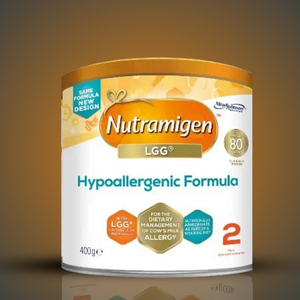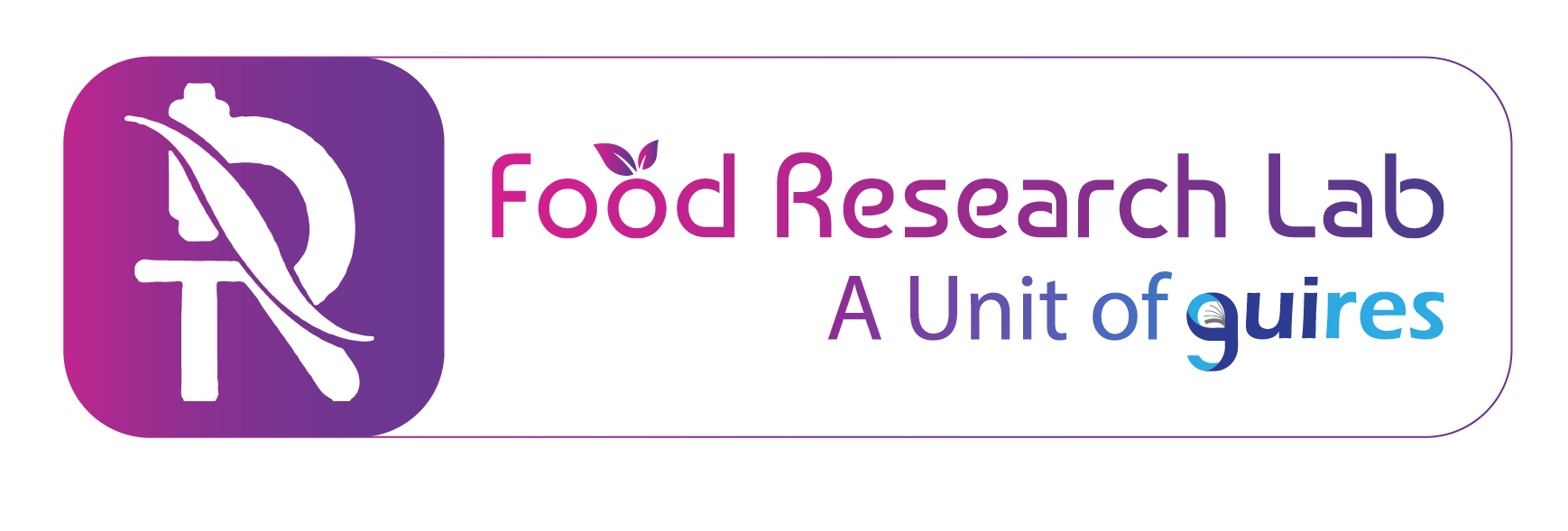
Subject:
Infant formula powders recalled due to microbial contamination
Products Recalled:
Reckitt recalls two infant formula powders because of the possible presence of Cronobacter sakazakii in United Kingdom and Ireland.
Problem:
- Reckitt recalled Nutramigen LGG stage 1 and stage 2 Hypoallergenic formula powders due to the presence of Cronobacter sakazakii. These products are used for special medical purposes for infants. These products should not be given without a prescription. Cronobacter sakazaki causes fever and diarrhoea and in severe cases it may lead to sepsis or meningitis which includes symptoms in infants that includes poor feeding, irritability, temperature changes, jaundice and abnormal breaths and movements. The product has been recalled by reckitt and they have also contacted the stores and pharmacies that supply these products. They have also issued a recall notice to their customers which explains why the product has been recalled [1]
Scientific Evidence:
- Cronobacter is a gram-negative, rod-shaped, non-spore-forming, motile, and facultatively anaerobic bacterium that is a member of the Enterobacteriaceae. The species Cronobacter are opportunistic pathogens, and it is associated with infections of mortality rate 40 to 80%. This pathogen causes a range of serious diseases such as meningitis, septicemia, necrotizing enterocolitis and brain abscesses and it is also responsible for a variety of sequelae such as quadriplegia.[2] Control of this pathogen is made very difficult by its innate stress tolerance, particularly to high temperatures and low water activity. While persons of all ages can get Cronobacter spp., preterm newborns with a low birth weight (<2,500 g) and those with impaired immune systems are particularly vulnerable. Powdered newborn milk formula is the food most closely linked to outbreaks of Cronobacter spp. illness. This diet has been associated with several outbreaks of Cronobacter spp. illness, and voluntary recalls of powdered formula have been made internationally due to contamination with this disease.[2]
Product Image:

What Regulations Clarify?
One kind of bacteria that may survive in extremely dry environments is Cronobacter. Dry foods such as starches, powdered milk, herbal teas, and newborn formula have been reported to have Cronobacter. It’s been discovered in water as well. Babies may get sick in a variety of ways since Cronobacter bacteria are environmentally friendly.
At a processing facility, Cronobacter bacteria can get into powdered infant formula if:
- The manufacturer uses contaminated ingredients to make the formula.
- The formula powder touches a contaminated surface.
Cronobacter infections can occur in powdered baby formula:
- Once the container has been opened.
- If scoops or lids for formula are touched after contacting contaminated surfaces.
- If the formula is contained in a contaminated bottle or combined with tainted water.
Infant formula preparation and storage:
- Clean and sterilize the area where you’ll be producing infant formula.
- Bottles should be cleaned and sanitized.
- When mixing your infant formula, use water from a safe source.
- Follow the instructions on the infant formula container for water to use. Always measure the water first, then add the powder.[3]





